
When I was in the seventh grade, we had summer required reading for English class. One of those books was Anne of Green Gables. It quickly became a favorite of mine, and I have reread it and its first seven sequels more times than I can count. The Anne of Green Gables mini-series (1985) with Megan Follows, Colleen Dewhurst, and Richard Farnsworth also quickly became a beloved favorite. (More recently seeing Follows play the evil Queen Mary of France in Reign was mind-blowing. She definitely was no longer the sweet little Anne she once played!)
Now, more than thirty years later, Netflix has created a new version of the Anne of Green Gables story in Anne with an E. This series makes it clear from the start that it is not going to be a remake of the previous version. Its opening credits have a very modern song, “Ahead by a Century,” sung by the Tragically Hip, one that made me wonder if this wasn’t a mistake on my part to watch the series.
However, aside from the opening song, I was incredibly pleased by the new interpretation of a perennial classic in the first few episodes. Perhaps the most stunning thing to me was the idea that Anne Shirley actually had C-PTSD. Complex Post-Traumatic Stress Disorder is a result of an ongoing traumatic situation such as child abuse rather than a one-time incident such as rape or a hurricane which still can easily cause PTSD. This presentation makes great sense because it is likely that Anne would have had C-PTSD. She lived in an orphanage on-and-off throughout her child, enduring several out-placements with homes where she was treated as slave. While the book mentions her previous misery, it doesn’t dwell on it. Instead, it focuses on the happiness of Green Gables.
In this new interpretation, though, Anne is prone to spacing out in flashbacks to the terrors of her previous life. Like so many with PTSD and C-PTSD, she dissociates from her current situation when triggered by things that seem unimportant or trivial. This new version makes the hell of her previous living situations explicitly clear and might be triggering for someone who has endured similar abuse. After seeing these flashbacks, Anne’s amazing stories and vivid imagination suddenly take on new meaning when she explains, “I like imagining better than remembering.” Who can blame her when the other option is living in a mental hell of a torturous past?
Anne with an E is much darker and more painful than the book or the previous mini-series, but it’s likely far more accurate. Not only is Anne’s past pain and ongoing suffering clear, but her stressful initial relationship with Marilla Cuthbert, her adoptive mother, is not softened in any way by rose-colored glasses. Marilla clearly is from an older generation which is not great at parenting, and it is her adoptive father Matthew’s love that makes Anne’s life tolerable as she adjusts to her new situation at Green Gables.
Anne also struggles with the taunts of area children (again, triggering traumatic memories from her life at the orphanage) and their parents as they judge her for her paltry looks, unknown origins, and strange behaviors. She doesn’t feel accepted and welcomed, and after being tormented at school, Anne falls into a major depression which includes flashbacks to her tortured past when she experienced similar situations. This change, too, is more likely the road Anne would have faced rather than the rosy version in Montgomery’s original work.
The series eventually strays greatly from the book. It starts simply by containing new scenes such as Anne signing the family Bible and becoming a Cuthbert; in the book, her name was never changed from Shirley. There’s also a fire at the Gillis family home wherein Anne becomes the hero for implausible reasons; I did object to that diversionary change in the story line. By the end of the seven episodes, the characters were still the same beloved ones from Montgomery’s books, but this new, more realistic perspective on their lives had taken the storyline in a very different direction from the original source.
Even though I tend to be a purist when it comes to movie adaptations of books, I really liked the changes in Anne with an E. They brought a touch of realism to a lifelong favorite of mine, and told a story that brought the original even closer to the path I’ve traveled in life. I suspect this new interpretation may help many people come to terms with their own abusive pasts, realizing that they don’t have to be completely happy and in denial about the hell that they have survived. What they have endured was truly traumatic, and it should have impacted them just as it did for Anne with an E.
©2017 Elizabeth Galen, Ph.D., Green Heart Guidance, LLC
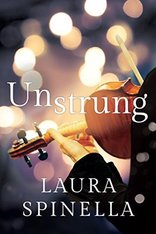
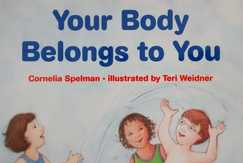
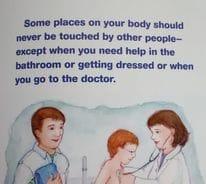
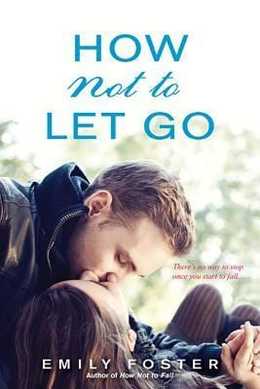


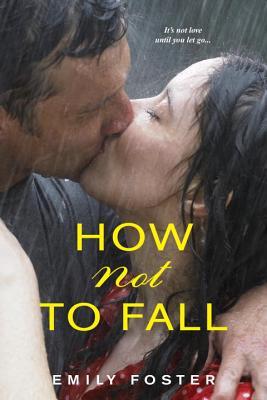
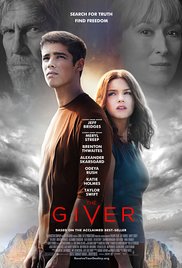

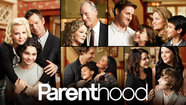
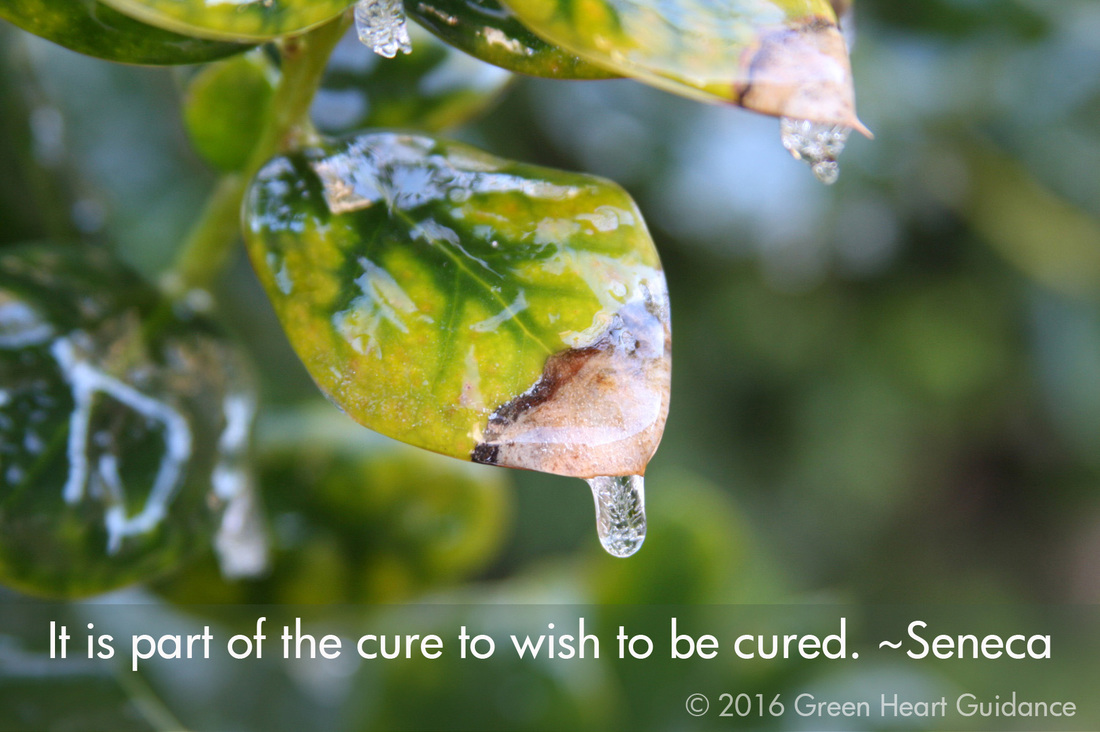
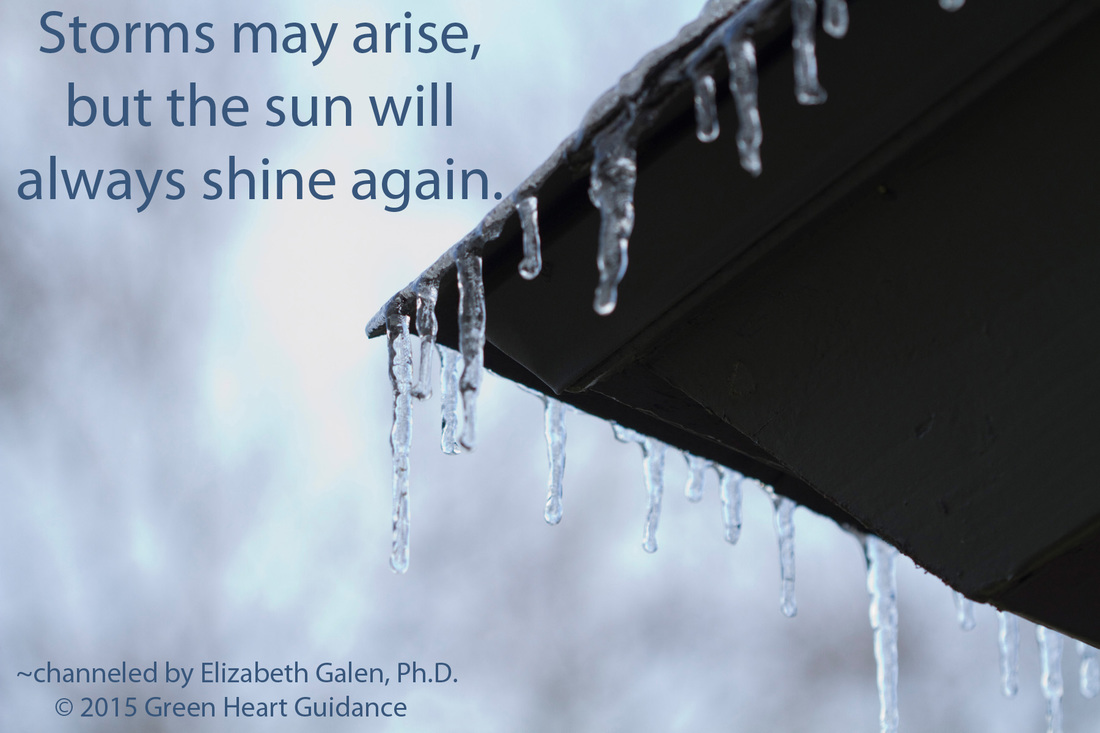
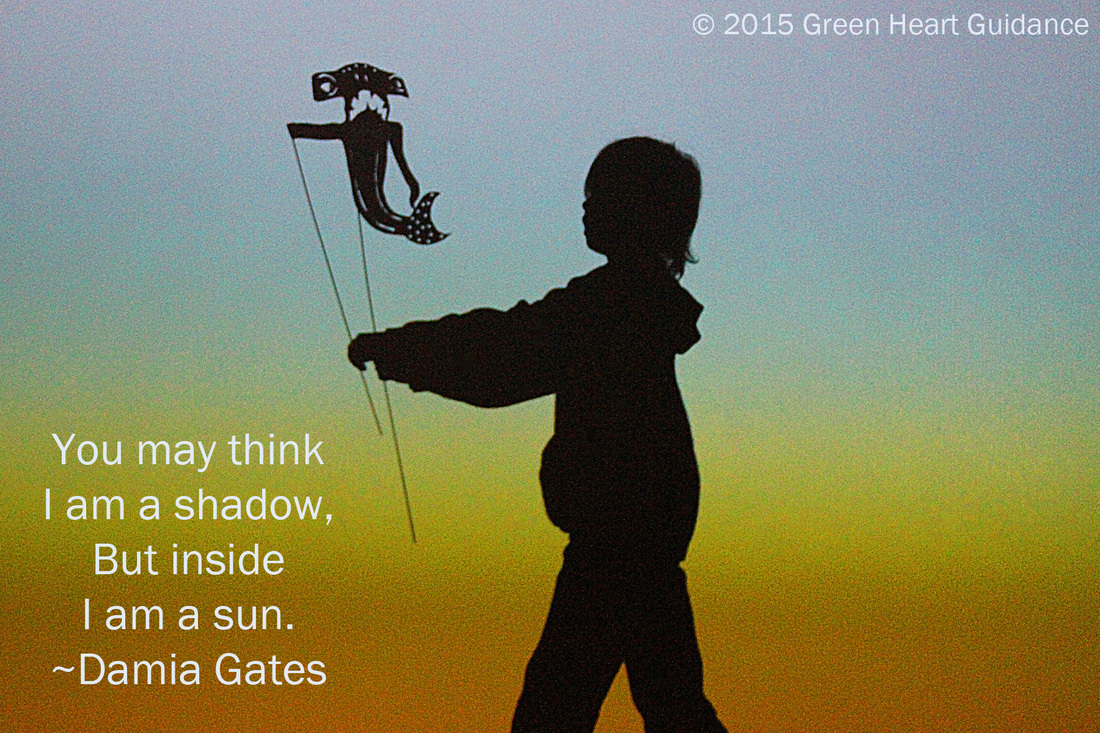
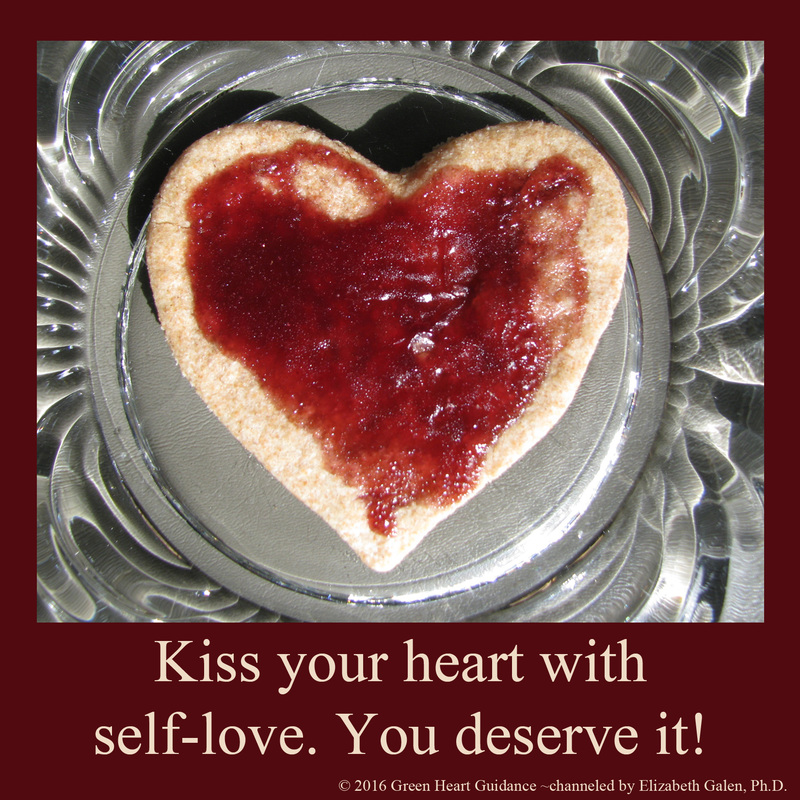
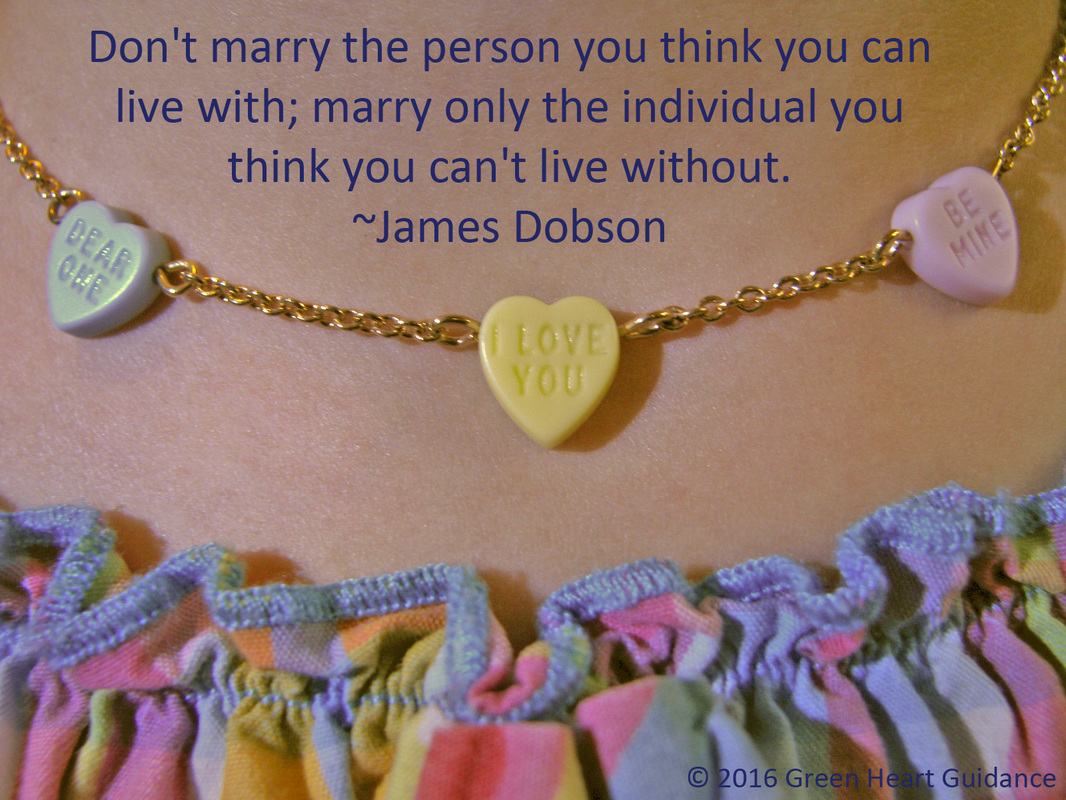

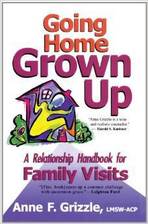



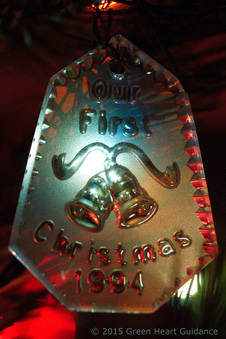

 RSS Feed
RSS Feed